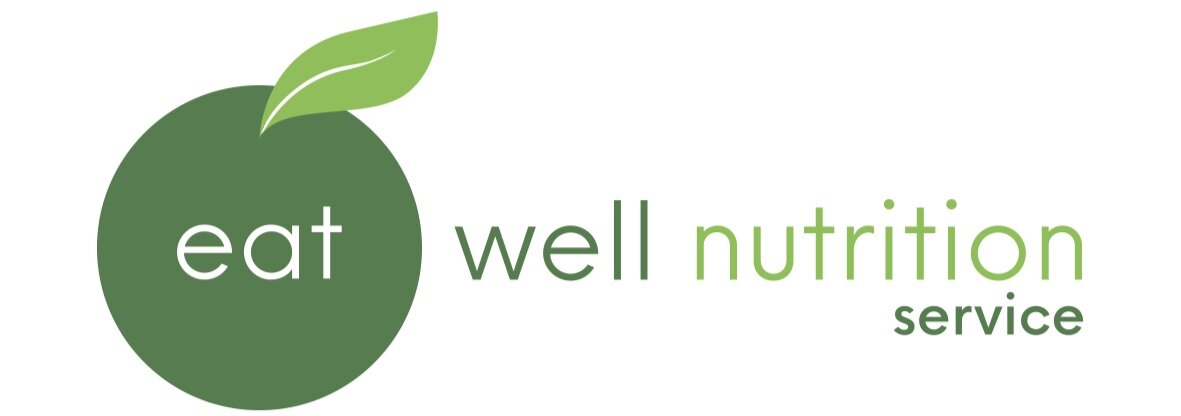The Benefits of Oral Nutritional Supplement Reviews
Weight loss, malnutrition, and their associated complications are commonly reported issues in residential aged care facilities (RACF), with malnutrition impacting an estimated 40-70% of residents in Australian RACF. As a result, an increasing reliance on oral nutritional supplements has developed in order to assist in promoting weight gain in residents who are underweight, or unable to meet their nutritional requirements through food and fluid.
Oral nutritional supplements are available in both pre-packaged and powder forms, such as Sustagen and Resource 2.0. The use of oral nutritional supplements in RACF can be beneficial, as they are a concentrated source of calories, protein and micronutrients. These supplements can be useful for residents who are unable to meet their nutritional requirements through food. This may be due to issues such as poor appetite, reduced oral intake as a result of dementia, or increased requirements needed for wound healing.
Despite this, the use of oral nutritional supplements is expensive, and may lead to taste fatigue or reduced oral intake as residents often become “too full” after drinking supplements. As a result, it is vital that oral nutritional supplement use is monitored regularly to ensure that prescribed oral nutritional supplements remain necessary and appropriate for each resident.
Oral nutritional supplement reviews can be conducted by your Accredited Practising Dietitian (APD) from the Eat Well Nutrition team. It is recommended that supplement reviews are performed 6 monthly to allow for close monitoring and to assist in keeping supplement use to a minimum. The process of an oral nutritional supplement review involves your APD reviewing all residents who have been prescribed oral nutritional supplements. Your APD will take into consideration each residents’ weight history, oral intake patterns, tolerance of oral nutritional supplements, clinical condition, and the type and amount of oral nutritional supplement prescribed. Depending on the outcome of the review, oral nutritional supplements may be ceased, the quantity may be reduced, or ‘food first’ strategies may be implemented in place of the supplements. Your APD will then provide a written report outlining the details of the oral nutritional supplement review, including any cost savings.
Food first strategies utilise real food and fluids, and are preferable when aiming to promote weight gain or weight maintenance. These strategies are not only more enjoyable for the residents than oral nutritional supplements due to improved flavour and variety, but also tend to lead to reduced costs and increased oral intake. Examples of food first strategies include increased meal sizes, extra helpings of desserts, food fortification (adding extra butter, cream and milk powder to meals), and the use of High Energy High Protein (HEHP) Milkshakes. HEHP Milkshakes are made with milk, ice cream, topping and milk powder, and like many food first strategies, are a cost effective method of managing weight loss and increasing protein intake.
Once an oral nutritional supplement review has been conducted, other considerations to maintain low levels of supplement use include liaising with GP’s to ensure that residents are reviewed by an APD prior to commencing oral nutritional supplements. GP’s often prescribe oral nutritional supplements as a result of weight loss, which can lead to unnecessary overuse of supplements. APD’s should be involved to accurately assess the resident’s key nutritional issues and to determine the most appropriate food first interventions prior to commencing oral nutritional supplements. In addition, ongoing quality improvements to the food provision and catering systems are essential in optimising the nutritional and health benefits of residents’ diets. High quality, tasty and enjoyable meals will assist in improving oral intake and in turn reduce the need to commence oral nutritional supplements or other food first interventions.
Whilst oral nutritional supplements can be useful in promoting weight gain, our goal at Eat Well Nutrition is to utilise food first strategies to assist in the management of weight loss. This promotes quality of life and enhanced outcomes for all residents and reduces the unnecessary use and cost of oral nutritional supplements.
